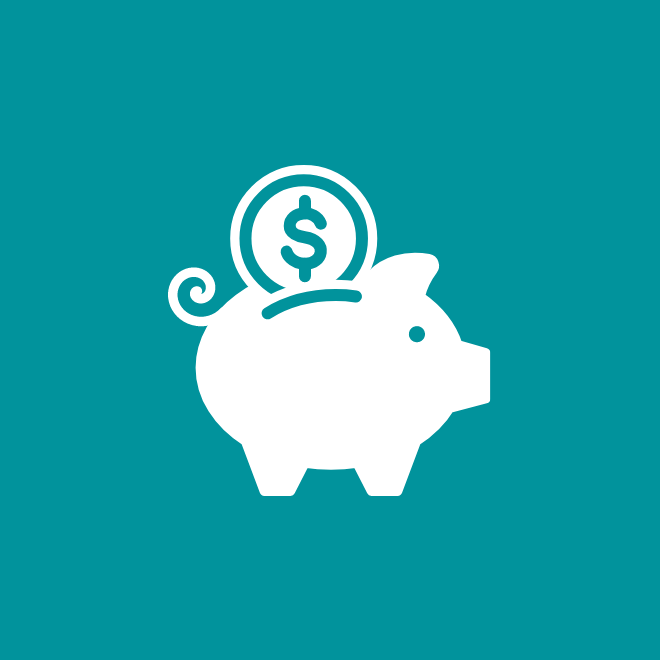How to improve financial wellness
There are many definitions of what being financially well means. In general, financial wellness involves things such as income, debt, and savings, as well as your understanding of financial processes and resources. Your satisfaction with your current financial situation and future prospects also comes into play.
Following are some questions you can ask yourself and strategies that can help you improve your financial wellness. As you think about the questions and strategies, make a list of the things you will do and the things you may need to help achieve wellness in this area.
Questions Related to Work
- How does financial wellness impact your life? How is it related to your wellness?
- Does your current job allow you to meet your obligations and have resources to do things
- you enjoy?
- Are you working in a field that you are passionate about or do well? Or are you looking at doing something different, perhaps more personally gratifying?
- Are you looking for paid or volunteer work?
Strategies Related to Work
- Check out the classified ads— particularly on Sunday. Search them online any day of the week.
- Explore sites like Careerbuilder.com or Monster.com, and consider establishing a profile on LinkedIn.
- Visit the unemployment office in your state or county to find classes that could train you for a job.
- Have your résumé updated so you can promptly submit it when you see an opportunity.
- If you receive disability benefits, explore your work options without losing SSI/SSDI benefits until
- you can support yourself. For a guide to working without affecting your benefits, go to www.ssa.gov
Questions Related to Checking & Savings Accounts
- Do you balance your checkbook often enough to ensure that you don’t overextend yourself?
- Are your savings in line with your life goals, such as taking a vacation, home ownership, or retirement?
- Do you have a weekly or monthly budget so you can plan for expenses such as rent and groceries and have a little left over to enjoy?
Strategies Related to Checking & Savings Accounts
- Ask the bank about the types of accounts available to you such as checking and savings accounts. Be sure you are using them to your advantage and gaining interest where available.
- Find out if the bank offers tools you can use to keep track of your money.
- If you’re receiving disability benefits, there’s a limit on how much you can save without affecting your benefits. Read more about allowable savings here.
Questions Related to Debt
- Would it be helpful to figure out your total debt and make a plan to pay it down in a
- manageable way?
- Have you thought about getting help from a person who specializes in money management or personal finances?
Strategies Related to Debt
- Look in your classifieds or search online for organizations that can help you pay down debt.
- Make sure you use a company that is credible.
- Consider asking your bank to help you with financial planning and other areas where you may want assistance.
Questions Related to Retirement Accounts
- Have you opened a savings account or another kind of account that works for you?
- If you’re receiving disability benefits, there’s a limit on how much you can save without affecting your benefits. SSI requires that your resources are under $2,000 for an individual or $3,000 for a couple. This includes bank accounts, cash, stocks, bonds. However, your home, household furnishings, car, burial plots, and insurance under $1,500 are not included.
Strategies Related to Retirement Accounts
- There are free or low-cost services that can help you plan for the future. The local library can often direct you to affordable financial planning resources.
- If you are receiving disability benefits, read more about allowable savings here.
- The Social Security Administration (SSA) has a toll-free number that can answer your questions Monday through Friday: 1-800-772-1213
Source: Creating A Healthier Life, A Step By Step Guide to Wellness
Substance Abuse & Mental Health Service Administration (SAMHSA)
www.samhsa.gov

